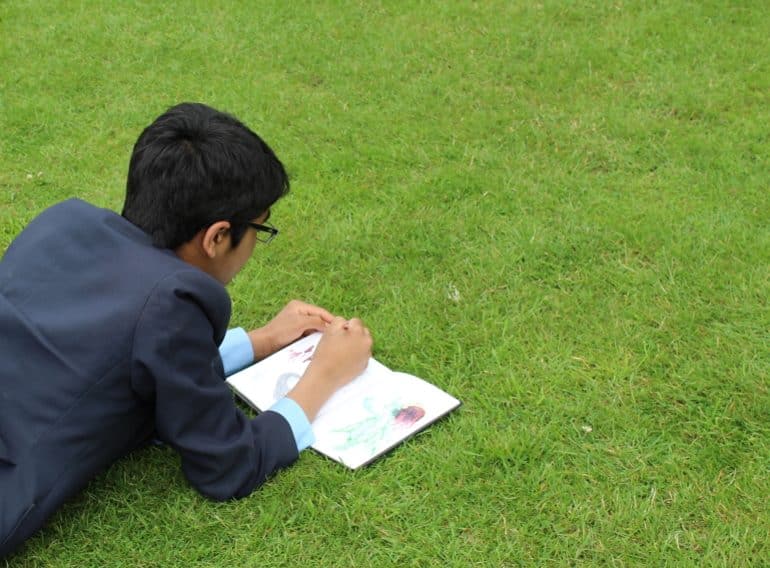
Want to make the best use of your study time at home? Deputy Head (Academic) Anne Macdonald has produced these handy hints to help you with your remote learning.
Keep to a routine: Undertake work Monday-Friday, following a timetable to build variety into your day and week, take breaks to rest, pursue hobbies and interests, and to exercise (whilst following Government guidance about social distancing).
Use eQE: Make the most of the support being offered by your teachers via eQE – ‘add comment’ to tasks set on eQE if you want to ask questions about the work or if you are stuck.
Be organised: Click ‘complete’ for tasks that are finished, archiving them to keep your task list organised; ensure you are following teacher instructions about how to set out and organise your work, printing and filing anything you are asked to by your teacher.
Collaborate: Where possible, collaborate with your peers on your work. You may already by doing this, but there are opportunities to test each other on new vocabulary or content, help each other when stuck, converse in French and/or German, play musical duets etc. This could be achieved, with your parents’ permission and guidance, via social media/communication platforms (some of which you may already be using) e.g. FaceTime, Google Hangouts, Zoom, Skype etc.
Challenge yourself: When you have completed the set work, explore the subject pages on eQE, visit The Queen’s Library page to use the online resources such as links to free Audible audio books, The Day newspaper (including exploring the Become an expert links on any articles that are of interest) and so on.
Revision: Regular revision has benefits for your long-term learning; follow the guidance you are given by departments about how to develop/organise your revision notes, memorise new content and test yourself on it.
More information: After Easter, we will issue further information about how teachers will monitor and assess your learning.
